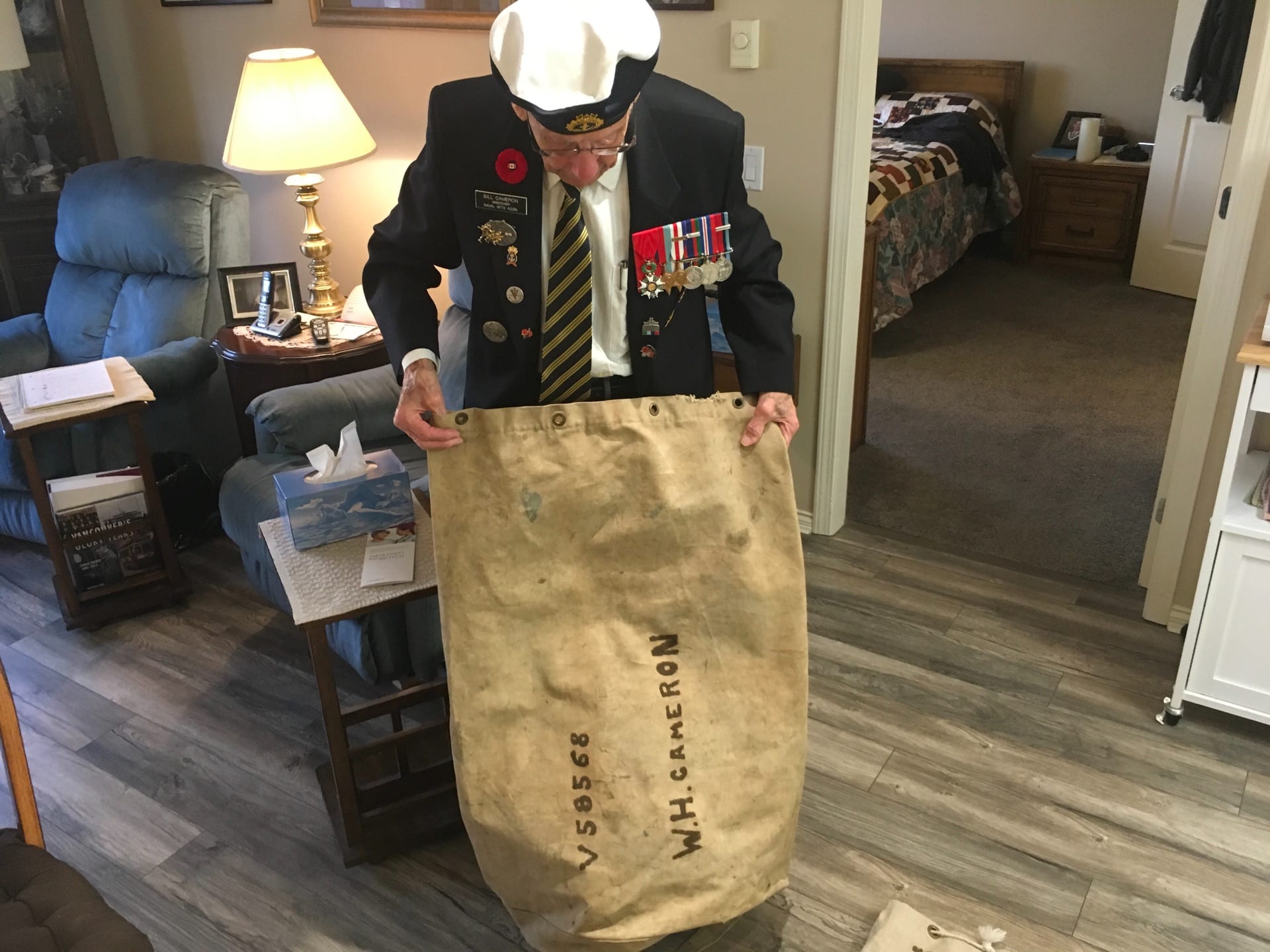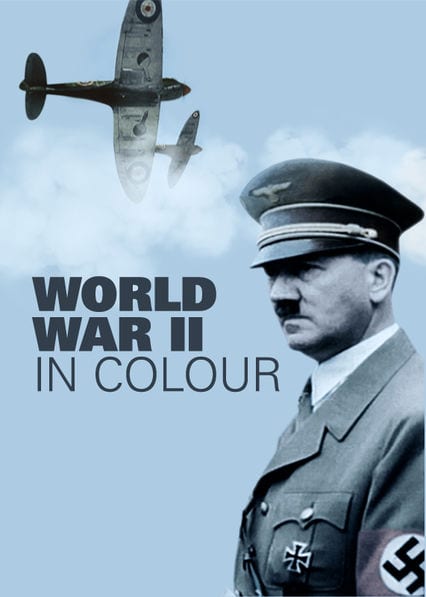Many people have many different opinions on WW2. Who was affected the most, what happened in this or that battle or what even happened at all. With many smaller questions like these, we come to a bigger question. “What is the legacy of WW2 in Canada?” This is the question we’ve been examining in our humanities class and trying to answer. We decided a great way to answer this question would be by making a podcast series. Everyone in my class created a 5-7 minute long podcast in which we interview a veteran. Each veteran has three episodes on them explaining and asking the question of Canada’s legacy.
To find veterans, PLP connected with the memory project which put us in touch with veterans and vice versa. Me, Kai and Lucas ended up interviewing a veteran named Bill Cameron in Surrey. He was in the navy, fought against submarines and Nazis, and overall a pretty nice guy. We drove to his house, interviewed him, and made a podcast out of it. This was the first time I really prepared an interview to someone I don’t know. I was nervous at first but I was really prepared and Bill was nice so it ended up being really simple and interesting.

Once the recording of the podcast was finished, my group divided up segments and parts of the interview to talk about between us. I focused on the earlier parts of his battles and how it affected him in the long run. The editing was really a learning experience for me. Because you don’t have any visuals to reference while editing it felt super unnatural at first. Eventually though i got better because with almost anything “practice makes perfect”. I used GarageBand to edit my podcast because of its many tools geared towards audio enhancements and fine audio editing. This was also a learning process because I had never used GarageBand in that way before.
Through all of the project we were also learning about what battles, countries and powers came together to create World War Two. We watched one Netflix show called WW2 in colour. It had all real world war 2 clips but colourized and it went through the entire war from start to finish in eight-ish episodes. I liked this show so much i actually watched more at home in my free time.
After all that our class put all the podcasts into a playlist and on SoundCloud. The biggest successes in this project for me were the interview itself and learning how to edit a podcast. Learning how to edit was a success simply because of how I learned a new skill and if I learn something valuable I consider that a success. The interview was a success because Bill told very interesting stories and the audio was great. The biggest failure I think I had in this project was my preparation for my first draft. I say this because I didn’t script or prepare for it really at all. In the long run it made me pay. The night of recording i had to do way more work when I was tired and I didn’t feel like working. A rule of thumb in most productions is always do as much pre-recording work than after.

